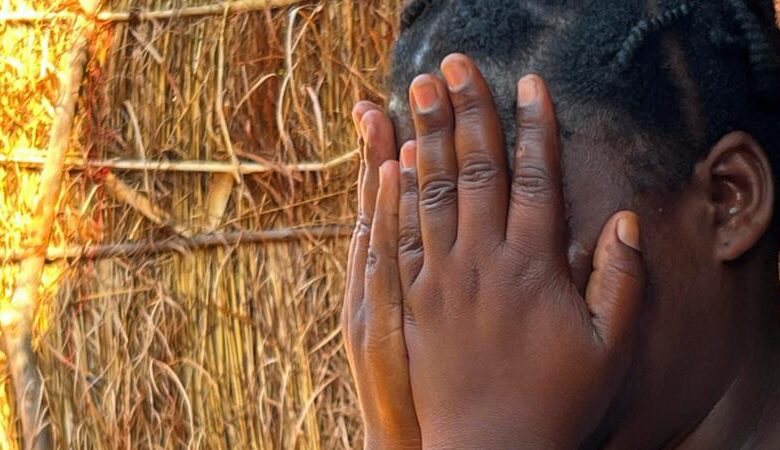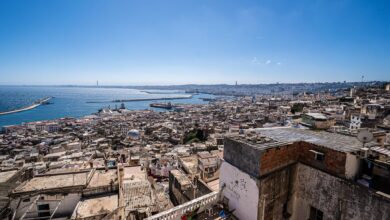Malawi Government Pays $160,000 for Release of Trafficked Women in Oman

- Malawi government spends $160,000+ to bring back 54 victims
- Activist Pililani Mombe Nyoni formed WhatsApp group aiding 50+ victims in Oman
In a startling revelation, it has come to light that the Malawi government has expended significant financial resources to secure the release of Malawian women trafficked to Oman. Reports suggest that over $160,000 (£125,000) has been allocated to repatriate 54 women who were ensnared in Oman under harrowing circumstances.
The plight of these women, exploited and subjected to slave-like conditions, has garnered international attention. Many of them were promised lucrative opportunities in the Middle East, only to find themselves trapped in a nightmarish existence upon arrival in Oman.
Georgina, one of the victims whose identity has been protected, recounted her ordeal, which began with promises of employment in Dubai but ended in Muscat, Oman. Forced to work grueling hours with minimal rest, she endured physical and sexual abuse at the hands of her employers.
The extent of the abuse suffered by these women is deeply distressing. Almost all of the 400 women surveyed by the migrant charity Do Bold were found to be victims of human trafficking. Shockingly, nearly a third reported instances of sexual abuse, while half disclosed experiences of physical abuse and discrimination.
The emergence of a WhatsApp group spearheaded by Malawian social media activist Pililani Mombe Nyoni proved instrumental in providing a lifeline for these trafficked women. Through this platform, more than 50 Malawian women in Oman shared their stories, shedding light on the dire conditions they were enduring.
Ms. Nyoni’s efforts, coupled with collaboration from organizations such as Do Bold, facilitated the repatriation of numerous victims. However, the process was not without challenges. The “kafala” labor system prevalent in the Middle East, which binds workers to their employers, posed significant hurdles to securing the women’s release.
Furthermore, the revelation that some women had to be “bought” from their employers to gain freedom underscores the exploitative nature of their predicament. Despite assertions from Oman’s authorities regarding the resolution of complaints, the reality for these women tells a different story.
Tragically, not all stories had a happy ending. Aida Chiwalo, one of the trafficked women, met a grim fate, returning to Malawi in a coffin. The circumstances surrounding her death remain shrouded in mystery, raising questions about accountability and justice.
As the Malawian government grapples with the aftermath of this crisis, questions loom regarding the broader issues of poverty and unemployment driving individuals into the clutches of traffickers. Efforts to address these root causes are imperative to prevent future instances of exploitation and trafficking.




